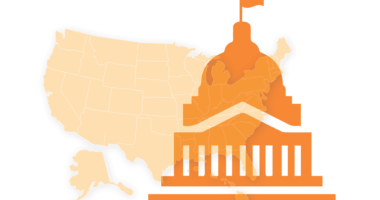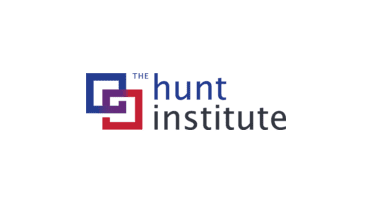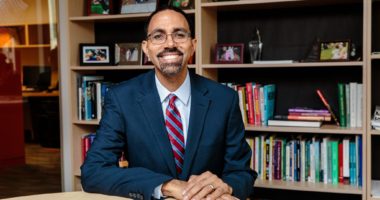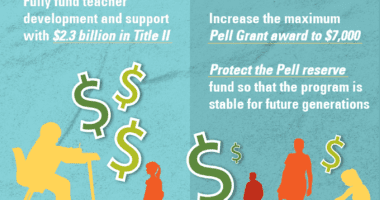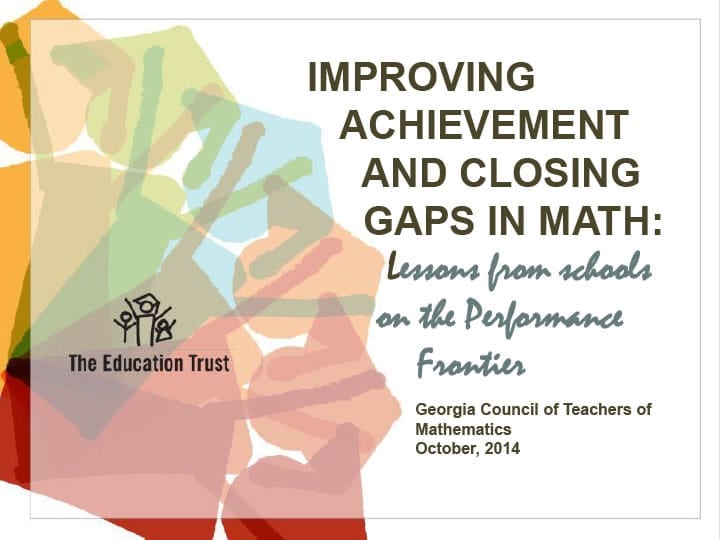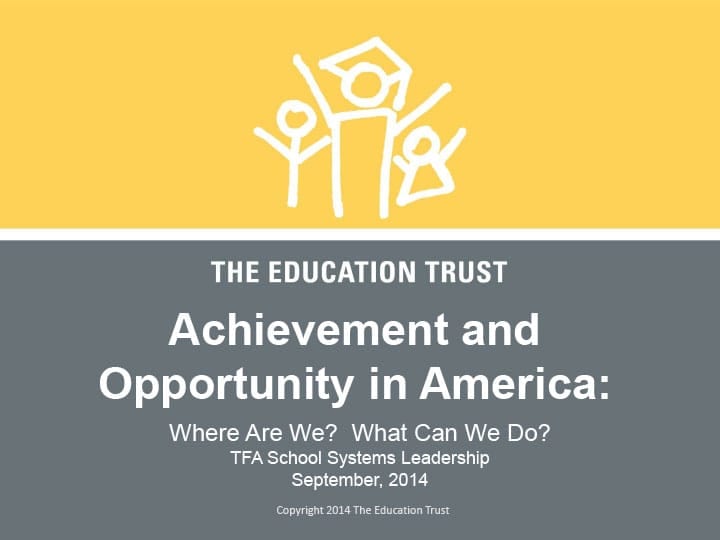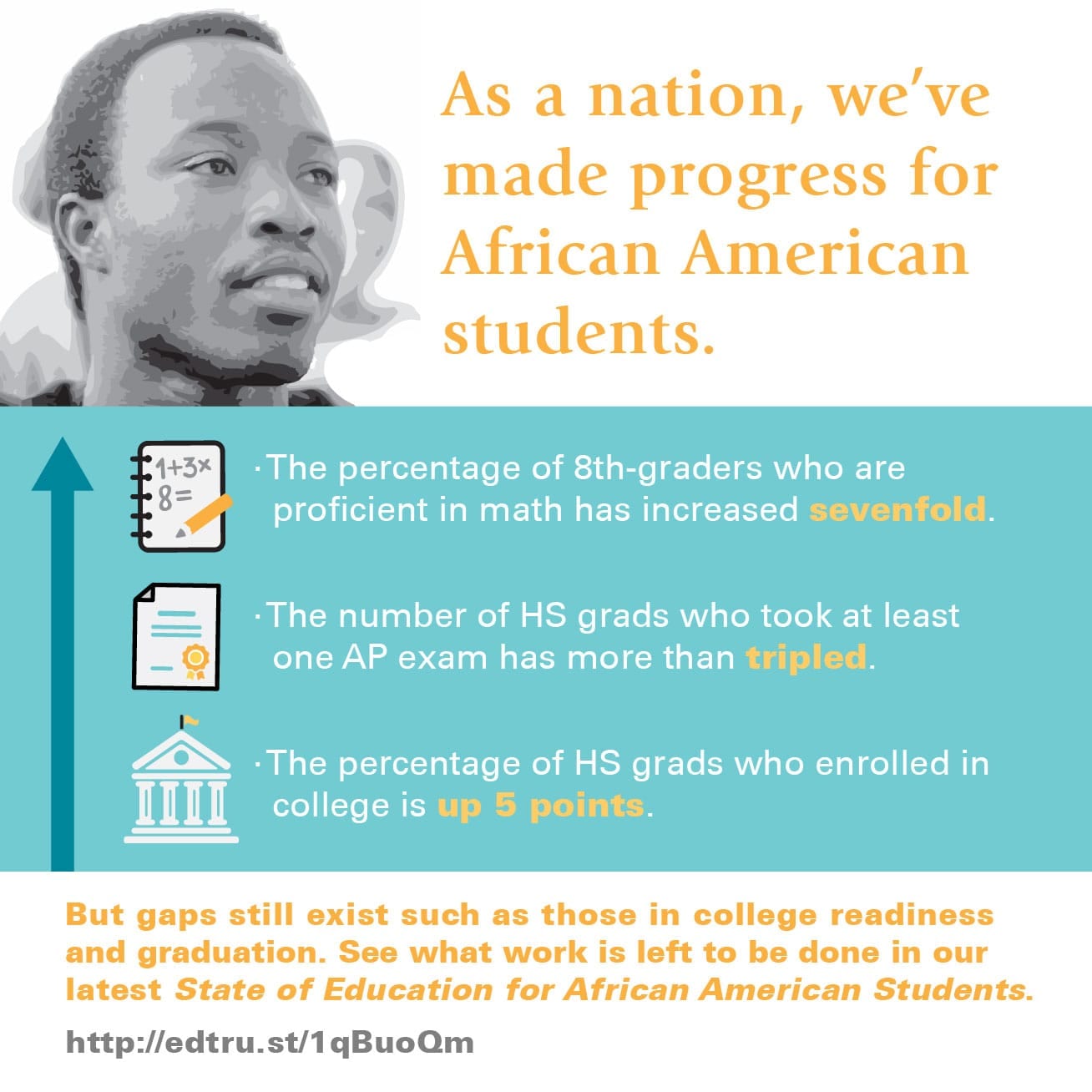11 Questions Equity Advocates have for the 2020 Presidential Candidates
If you’ve followed the 2020 Democratic debates thus far, you know that education issues have only scratched the nationally televised surface of the upcoming Democratic primary. This weekend, that will all change.
On Saturday, 11 public education groups, including education unions and civil rights organizations, will host several presidential candidates in Pittsburgh for the Public Education Forum 2020: Equity and Justice for All to focus specifically on education policy and issues impacting children in classrooms across the country. Currently, the following candidates have confirmed their attendance: Sen. Michael Bennet, Vice President Joe Biden, Sen. Cory Booker, Mayor Pete Buttigieg, Sen. Amy Klobuchar, Sen. Bernie Sanders, Tom Steyer and Sen. Elizabeth Warren. We hope and expect to hear about several key topics as they pertain to the current state of our education system: school investment, student services, special education, student debt, early childhood education, teaching conditions, as well as key education equity and justice issues facing America’s students and public schools.
At Ed Trust, we believe equity must guide our nation’s education policy. Our work centers around closing racial and socio-economic opportunity gaps in early childhood, P-12, and higher education, and we view the opportunities to improve our nation’s education system through that lens. We believe that proposals must effectively advance opportunity and achievement for all groups of students, especially historically underserved students such as Black students, Latino students, Native American students, LGBTQ students, and students from low-income backgrounds. Here are 11 things to look for from presidential candidates:
- How will each candidate ensure that all students have access to strong, diverse teachers and school leaders who are retained and supported in the places that need them most?
- How does each candidate propose to hold P-12 systems accountable for serving historically underserved students and families, especially given the huge gaps in opportunity for those students to learn? How will each candidate ensure that state and district systems are not focusing just on overall school performance, but also performance of individual groups of students in each school to ensure that students from low-income backgrounds and students of color aren’t being left even further behind?
- What strategies for school improvement does each candidate support, and how would each candidate propose ensuring that states, districts, and schools take action when a school is underserving one or more groups of students?
- How satisfied is each candidate with the ongoing implementation of the Every Student Succeeds Act? What more needs to be done?
- What can policymakers at the federal, state, and district level do to ensure that every student is college- and career-ready upon graduation?
- How would each candidate ensure that federal dollars are flowing to the schools and students that need them the most?
- How does each candidate propose to ensure students from low-income backgrounds and students of color attend college and earn college degrees at the same rates as their peers?
- Will each candidate invest in and expand the Pell Grant program, the bedrock of our federal financial aid system that is currently it at its lowest purchasing power in history? And if so, by how much and to whom?
- What proposals does each candidate have to hold colleges responsible for providing a quality education, especially to those historically underserved, and what metrics should each school be evaluated on?
- How can colleges and universities best support students who might be parents, working full-time, returning to school, justice impacted, undocumented, and other “non-traditional” categories to ensure they get to and through school?
- How can our higher education system best uphold the civil rights of students and ensure they are being educated in safe and inclusive campus environments?
How each candidate responds to these questions will be essential to all who want to see an equitable, affordable, accessible, and just education system in America. We will be listening closely to learn more about how candidates plan to achieve those goals — the success of our nation’s students depends on their answers.


